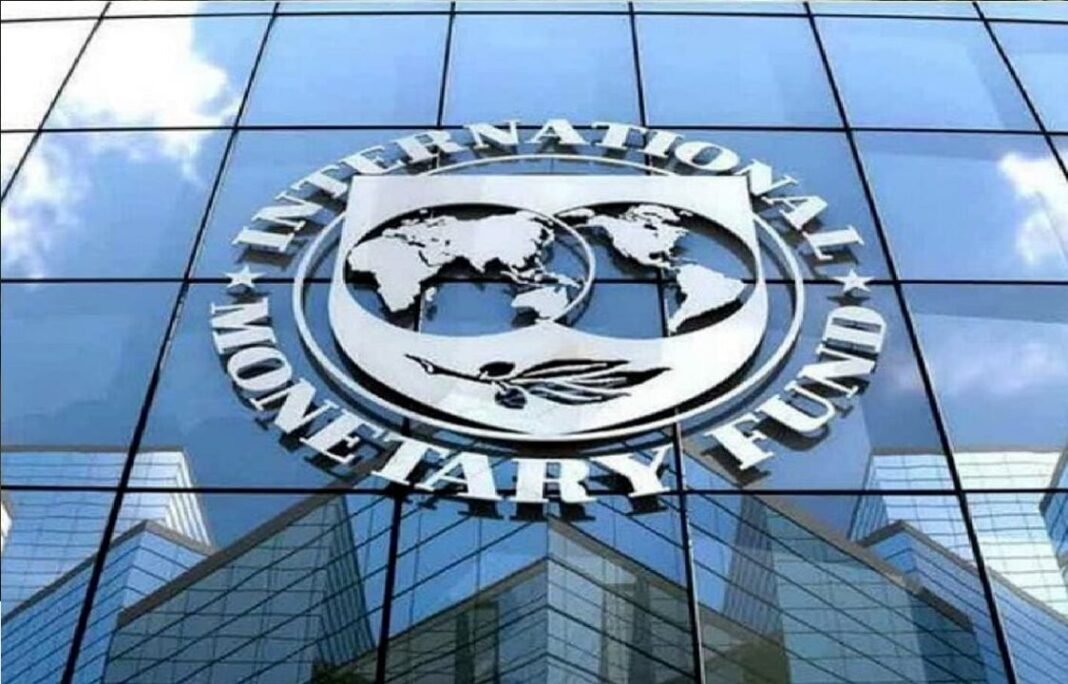By: Dipak Kurmi
Amidst a global economy experiencing a pronounced deceleration, even conservative economists are labeling it as ‘secular stagnation’. This downturn is accentuating the critical issue of external debt for numerous Global South nations. As their export revenues dwindle, they find themselves unable to cover both import costs and debt servicing obligations. Consequently, these countries confront a dire situation where essential private financial inflows diminish precisely when they are most needed, coinciding with the anticipation of currency depreciation that further exacerbates the scenario. Consequently, debtor nations are compelled to seek aid from the International Monetary Fund (IMF), which often enforces severe ‘austerity’ measures disproportionately impacting the working populace. The aftermath can be swift and stark, transforming a nation from ‘medium income’ status to a dire ‘basket case’, a reality underscored by instances within our own regional vicinity.
Numerous recommendations have surfaced within this context to assist countries burdened with debt. These proposals encompass a spectrum from debt restructuring to the issuance of a new cycle of Special Drawing Rights, injecting renewed liquidity into the global economy, as well as amplifying lending from within the Global South itself, facilitated by institutions like the BRICS bank. Undoubtedly valuable, these suggestions fall somewhat short. The ultimate goal should extend beyond merely easing borrowing terms for impoverished nations, aiming instead to substantially curtail, if not entirely eradicate, the necessity for borrowing.
This necessity emerges due to the fact that at any specific level of global economic output, distributed unevenly among nations, debtor countries exhibit aggregate demand surpassing their own production. However, given that global aggregate demand must inherently match production (as anything produced requires corresponding demand), this results in creditor countries experiencing an aggregate demand that falls below their productive capacity. Consequently, any deficit, indicative of borrowing, inherently corresponds to an equally substantial surplus.
If surplus nations consistently diminish their surplus by consistently boosting their domestic consumption each time a current account surplus emerges within their balance of payments, this proactive approach would inherently eradicate the deficits faced by countries in deficit. This, in turn, would obviate the necessity for borrowing by deficit countries.
This approach would yield an added benefit beyond eradicating the need for borrowing. The global demand would expand beyond its initial state, pre-adjustment, resulting in heightened worldwide employment, output, and consumption. In essence, the world would be enhanced, free from inter-country indebtedness, if every surplus nation consistently and promptly eradicated its current account surpluses. However, the question arises: why does this scenario not materialize?
Indeed, during the establishment of the Bretton Woods system in 1944, a proposition was put forth suggesting that surplus nations should be compelled to boost their domestic consumption to nullify their surpluses. However, this proposal faced a veto from the United States of America, which, at the time, maintained a surplus position (later transitioning to a deficit) and held a pivotal role as the capitalist world leader, exerting significant influence over its formation.
The mutually beneficial outcome that arises from compelling surplus nations to eliminate their surpluses can be exemplified using a scenario within the European Union. Here, Greece has consistently operated as a deficit country, whereas Germany has maintained a surplus position. If the German government were to elevate its fiscal deficit by, let’s say, one million euros, and subsequently distribute this sum gratuitously among its populace for vacations in Greece, it would result in a corresponding increase in Greece’s foreign exchange earnings, enabling the repayment of a portion of its existing debt. (Simultaneously, Germany’s current account surplus would diminish by the same amount.) Consequently, Greek indebtedness would decrease while employment opportunities in Greece would rise. Meanwhile, for Germany, the populace would enjoy enhanced well-being through their Greek holidays instead of accumulating claims on Greece.
This illustration further underscores the reasons behind the absence of such actions. Firstly, within a capitalist economy, the preference lies in possessing claims on other nations, affording it leverage over them, rather than enhancing the quality of life for its citizens. Secondly, an elevation in the living standards of the populace, predominantly composed of workers, amplifies their negotiating power, empowering them to demand higher wages. Consequently, due to both these factors, the seemingly advantageous win-win scenarios, which would be logical choices, are rendered unfeasible within a capitalist framework.
The likelihood of establishing an international economic order mandating surplus countries to enact adjustments appears distant. This serves as an argument for the Global South to incrementally disengage from a global structure largely dominated by advanced capitalist nations and instead establish local or sub-global trade agreements. In these arrangements, countries may still possess claims on each other, yet these claims would be settled bilaterally or multilaterally within the arrangement itself, free from the encumbrance of interest. In the past, India embraced such an approach with the Soviet Union, wherein bilateral trade was conducted exclusively in rupees and roubles, with a fixed exchange rate between them, excluding the use of dollars or other major currencies.
These arrangements are experiencing resurgence in popularity. Brazil, for instance, has recently forged such an arrangement with China, while India has established a similar agreement with the United Arab Emirates. The mounting instances of advanced capitalist nations, spearheaded by the US, unilaterally imposing sanctions on numerous countries without United Nations Security Council approval are expected to drive the proliferation of such arrangements in the near future. While these arrangements may not address the historical external debt burden of the Global South, they hold potential for curbing future debt challenges. (The writer is a journalist and commentator based in Guwahati, can be reached at dipaknewslive@gmail.com)







